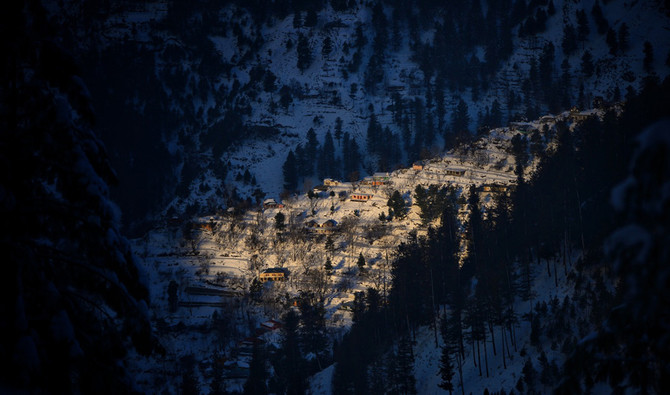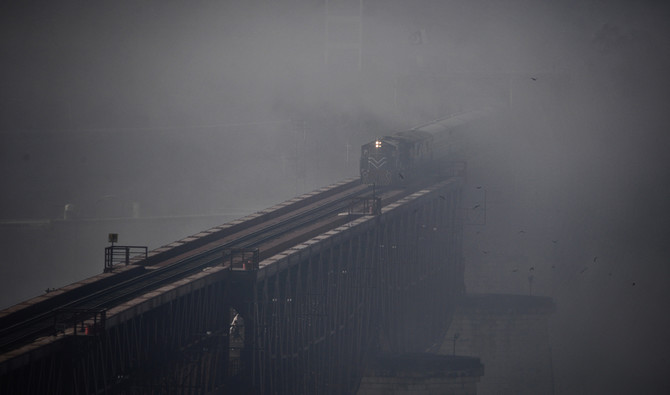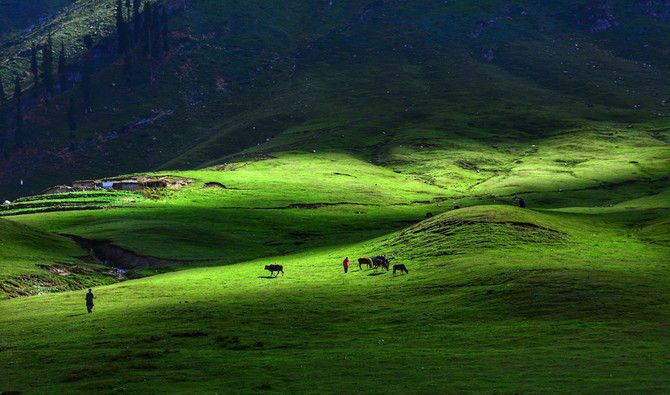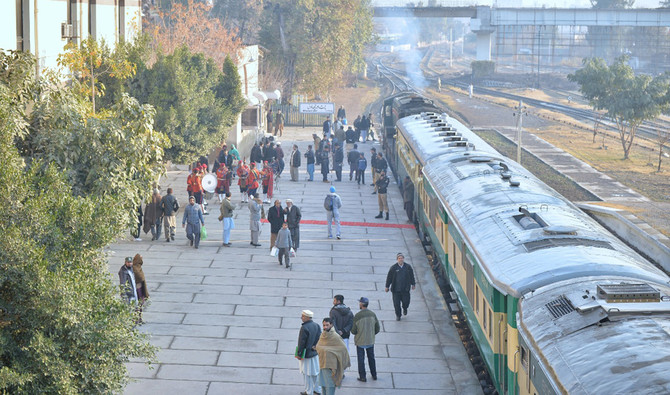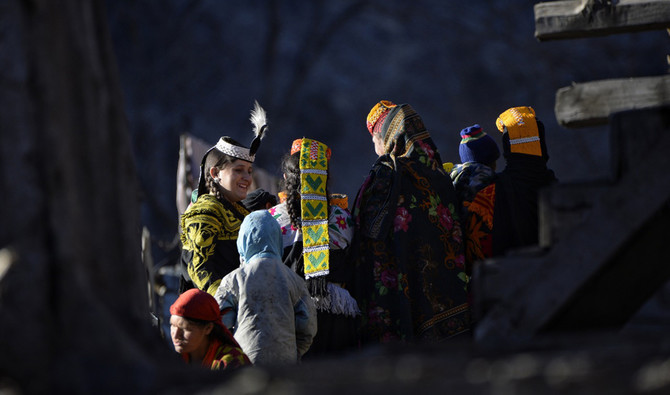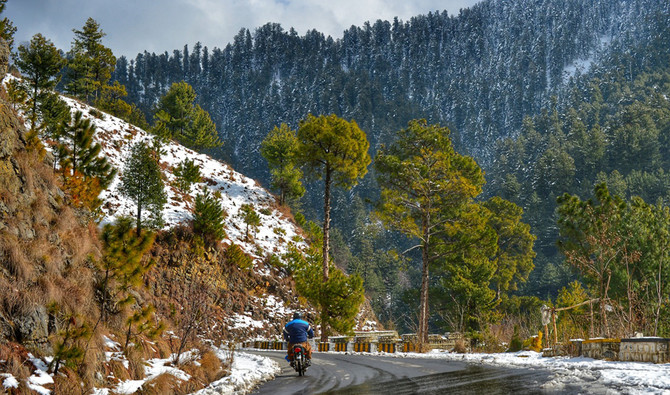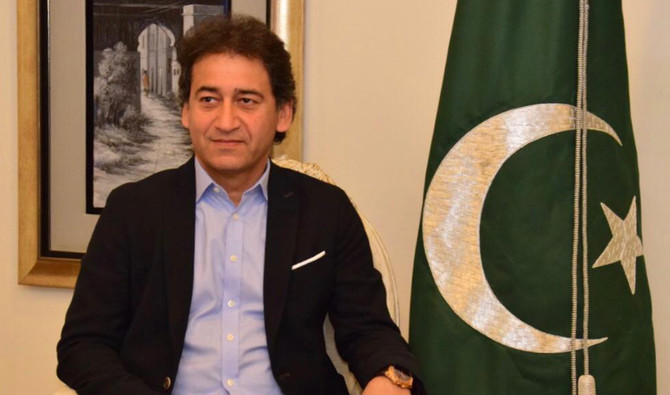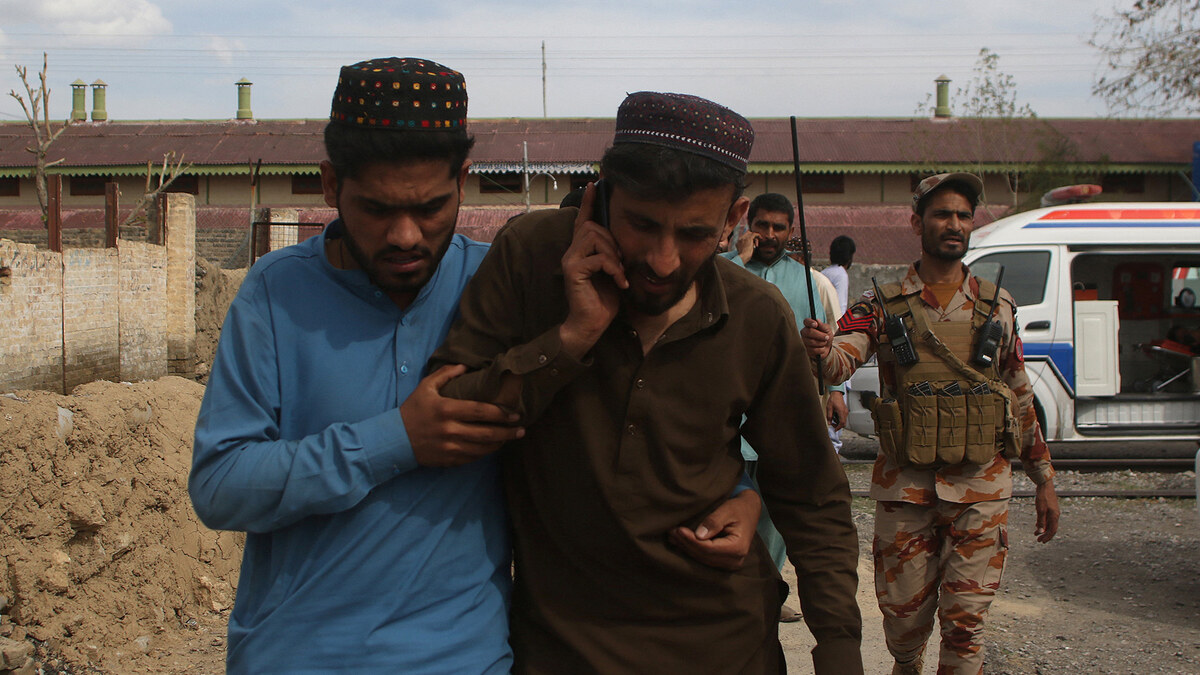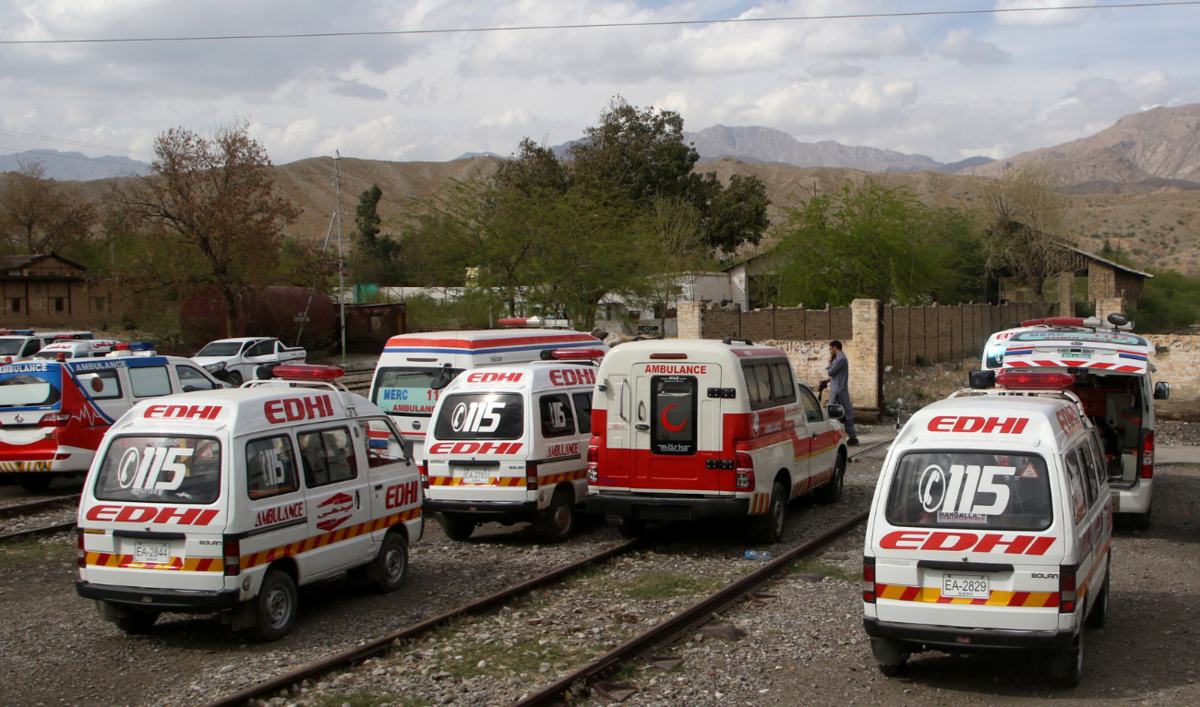PESHAWAR: The provincial administration of Khyber Pakhtunkhwa (KP) is striving to attract Middle Eastern nationals to improve its tourism economy, said a senior minister while talking to Arab News here on Thursday.
“We [the people of Pakistan] have religious and cultural affinities with the people of the Middle East,” the province’s Minister for Tourism, Culture and Archaeology, Muhammad Atif Khan, maintained. “These bonds can further be nurtured through tourism. The provincial government is therefore planning to promote family tourism that will fascinate Arab tourists.”
Khan recently announced a new strategy, under the federal government’s slogan, “Visit Pakistan,” to support the province’s dwindling tourism industry while addressing a news conference in Islamabad. Among other things, he announced that Pakistan had relaxed its visa policy toward a significant number of countries.
“Citizens of about 175 countries will get electronic visas while the nationals of 50 other countries will be able to get visa on arrival,” he informed a group of journalists in the federal capital.
The tourism minister also pledged to remove the impediment of No Objection Certificate, a document foreigners must secure from the Interior Ministry before entering KP.
Khan also announced that the provincial government would constitute special tourism police force, identify 20 new tourist destinations, and develop skiing resorts to entice domestic and international tourists. Highlighting his province’s unique selling points, he noted that KP had some of the oldest archeological sites in the region that could help boost its tourism industry.
Talking to Arab News, Dr Ali Jan, former consultant of KP’s tourism department, said that the government’s initiative could help build the country’s soft image internationally. “There are both opportunities and challenges here,” he admitted. “However, the federal and provincial administrations both appear to be quite serious about strengthening the tourism industry.”
Discussing the implementation process, Minister Khan observed: “The KP government is planning to attract local tourists in the first phase. After that, we will start paying attention to overseas Pakistanis and foreign tourists.”
He conceded that “there was no tourism in the last two decades due to violent extremism,” but he also insisted this needed to change since tourist activities could create more employment opportunities in the province and benefit the country’s economy.
It is pertinent to mention that the Tourism Corporation of Khyber Pakhtunkhwa (TCKP) is taking plenty of steps in this context, one of them being the resumption of the historic steam engine safari trains from the 1920s that were shut down in June 2007 due to torrential rains, floods and the menace of militancy.
“If we erase the last fifteen years from our collective memory, Pakistan’s mud house villages, hills, meadows, rivers and multicultural land have fascinating stories to tell,” Khan said while urging tourists to visit Pakistan and explore its hidden treasures.


